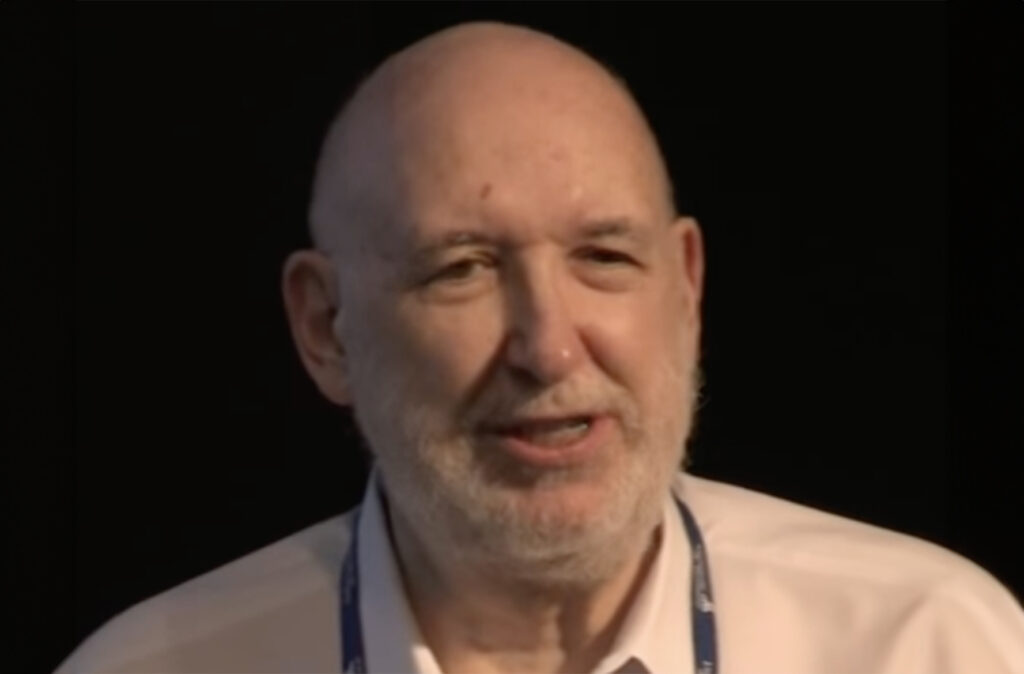
“Advances in science and medicine will likely be accelerated through the use of AI, perhaps in ways that are currently unimaginable.
“There is a great deal to be hoped for in this, although also a great deal to fear. Manipulation at the genetic and cellular levels, for example, has the potential to greatly improve human life but also produce great harm, either through accident or malevolence.
Advances in the ability of AI-based processes to imitate humans are inevitable and are likely to have a negative impact on society. Trust is key to social coherence. … Keeping the impact of advanced AI-based technology more positive than negative will require explicit societal and governmental actions. The has already begun, but it will be important to consider not only the output of AI systems, but also the input to AI systems and input by AI systems themselves.
“Advances in the ability of AI-based processes to imitate humans are inevitable and are likely to have a negative impact on society. Trust is key to social coherence.
“Does that swell of approval for a given political candidate or corporate IPO reflect the input of a large number of people or of a single individual or AI system? While these sorts of manipulations are already possible today, they will become much easier with advanced technology.
“Keeping the impact of advanced AI-based technology more positive than negative will require explicit societal and governmental actions. The has already begun, but it will be important to consider not only the output of AI systems, but also the input to AI systems and input by AI systems themselves.
“It is certainly the case at this stage of development that the algorithms at the heart of AI systems primarily function by finding patterns in the input data, patterns that may or may not be discernable by humans due to the immense amount of data that is being processed.
As the amount of information generated by AI systems increases [it will lead] to AI systems consuming input that has been previously generated by other AI systems, potentially leading to ever greater levels of authoritative sounding misinformation that has simply doubled down on prior hallucinations.”
“This is somewhat controlled in science as the data comes curated through peer review and the need for theories to prove themselves via accurate predictions. This is not the case for the non-science world of information and therein lies the danger in AI systems consuming without distinction everything accessible on the Internet today.
“This has shown up to date in areas such as bias in hiring but as the technology spreads and improves the importance of selection of input data will grow. This will especially be the case as the amount of information generated by AI systems increases, leading to AI systems consuming input that has been previously generated by other AI systems, potentially leading to ever greater levels of authoritative sounding misinformation that has simply doubled down on prior hallucinations.”
This essay was written in November 2023 in reply to the question: Considering likely changes due to the proliferation of AI in individuals’ lives and in social, economic and political systems, how will life have changed by 2040? This and more than 150 additional essay responses are included in the report “The Impact of Artificial Intelligence by 2040”


